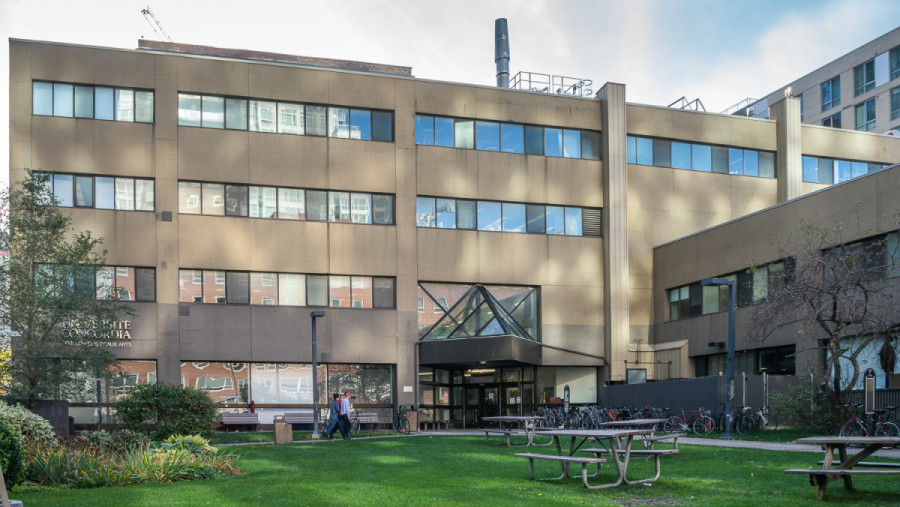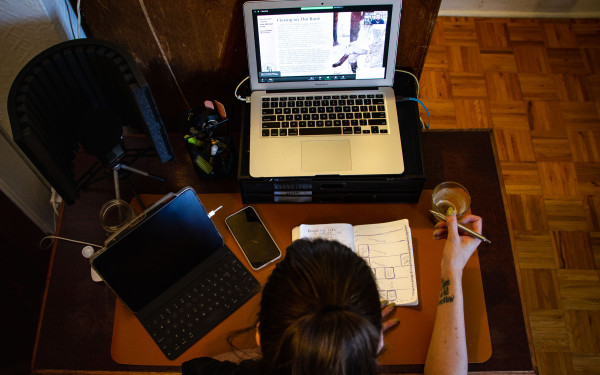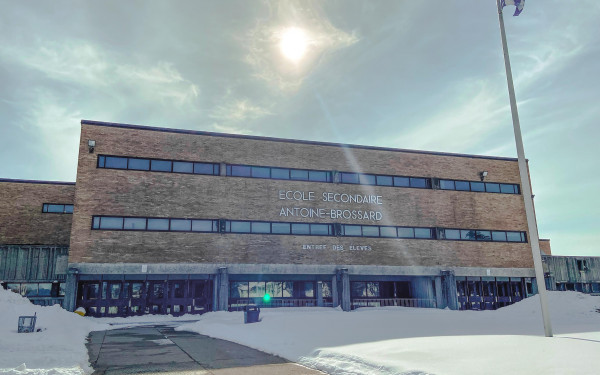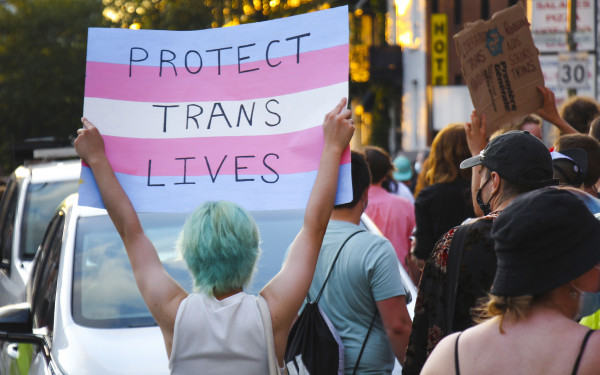High School Dropouts After High School
Two People’s Journeys After Leaving Secondary School
Sitting cross-legged on the living room floor, immersed in her notes and textbooks, Carmelie Autentico studies for an upcoming math exam. Her long dark hair runs down her arms and pools onto the coffee table, where she quickly jots down notes after consulting her readings. In the kitchen, a previous math exam is displayed on the fridge. Prime real estate in any home. The test score at the bottom of the page reads 94/100.
Seeing her study, her eyes fixed on the page, no one could guess that Autentico, 28, had dropped out of high school 10 years ago.
In 2018, a report released by the Institut du Quebec revealed that Quebec has the country’s lowest five-year graduation rate, meaning its percentage of students who finish high school within five years. The five-year graduation rate for the public system is 64 per cent, 20 percentage points lower than Ontario’s.
Growing up in a very controlling environment led Autentico to fear speaking up and making mistakes. By the time she started school, she already had trepidations towards authority figures.
“I was so afraid of possibly making a mistake, and I didn’t want to be judged for it,” she said.
A.R., who requested to be referred to by her initials, is a 36-year-old philosophy student at Concordia. She dropped out of high school due to what she describes as a “traumatic home life.”
“I could not focus on my studies or believe that I could succeed academically. I found full-time work and moved out on my own,” she said.
She was 17 when she dropped out and 18 when she moved out.
Dropping out was not an easy decision to make. “I had a lot of responsibilities in the family home that overwhelmed me, and I could not handle the additional stress from schoolwork,” she said.
In high school, Autentico made friends with people that she admits “weren’t the best influences.” She gravitated towards them because they were allowed to do things she wasn’t. High school was her first taste of freedom after growing up under a microscope.
After completing secondary three, Autentico’s best friend told her she’d be leaving their high school in Dollard-des-Ormeaux and going to the Place Cartier Adult Education Centre, colloquially known as Cartier. Autentico followed suit.
“I was 17, 18 when I signed up for Cartier. […] I was there for a total of three to four years. And I did nothing,” she said. Even so, she mentioned she wouldn’t change anything if she could.
Cartier mimics the environment of a high school. Lockers line the hallways, interactive whiteboards hang in most classrooms, and students flow in and out of classes during their breaks. Students travel in packs, mirroring the cliques found in high school. The most noticeable difference between high school and adult education, however, is the student body. At Cartier, students range from 16 to 80 years old.
“I have found support at Concordia that did not exist for me back in high school, which has been an incredible experience.” —A.R.
“I wasn’t particularly motivated,” said Autentico. “I didn’t feel it in me that I wanted this. It wasn’t very important to me. I remember trying, and then two weeks in I would just not go through with it.”
On top of that, Autentico began working at a young age. Because she was making her own money without a diploma, she began to think she didn’t need it. She now believes this was misinformed, but “when you’re young, you think you know everything.”
When applying for jobs, Autentico would usually cut the education section from her CV. On very rare occasions she would lie on her CV about graduating. Every time she would go for an interview, she was afraid of having to admit she never graduated.
A young single mother at the time, A.R. enrolled in night classes in adult education to complete her high school diploma.
Having a child at the age of 20 pushed her to return to school. “I wanted to set a good example for my child,” she said.
“I wanted to give myself my best chance to move forward in life toward my educational and career goals as soon as life began to settle down,” she added.
Living on her own and taking night classes, A.R. found she was doing much better academically than she had been when she was in high school. “I enjoy being a student [now],” she said.
“It took many years to get here and a lot of healing to feel ready to become a university student. I am proud that, despite many life challenges, I made it to where I am today.” She continued, “I have found support at Concordia that did not exist for me back in high school, which has been an incredible experience.”
A.R. chose to study philosophy because it’s always piqued her interest. “I believe it will compliment the work I would like to do in the field of psychology. I hope to help other women who have been through traumatic life events,” she said.
After working several different jobs over the years, Autentico decided she was tired of the instability. Most recently she was working in retail as a store manager, where the majority of her co-workers were students. They would tell her the ins and outs of their schooling, and it grabbed her attention. For the first time in forever, she was exposed to people who were passionate about what they were studying. Being around them—and constantly jumping from job to job every couple of years—made her think, “Maybe I should go back to school.”
Now that she’s back at Cartier, she’s more motivated than ever to stay in school—and to excel. Her goal is to keep her grades in the 90s. She has some plans outlined for the future, but nothing is set in stone. With a newfound love for math, she has a lot of open doors waiting for her.





_600_375_s_c1.png)
